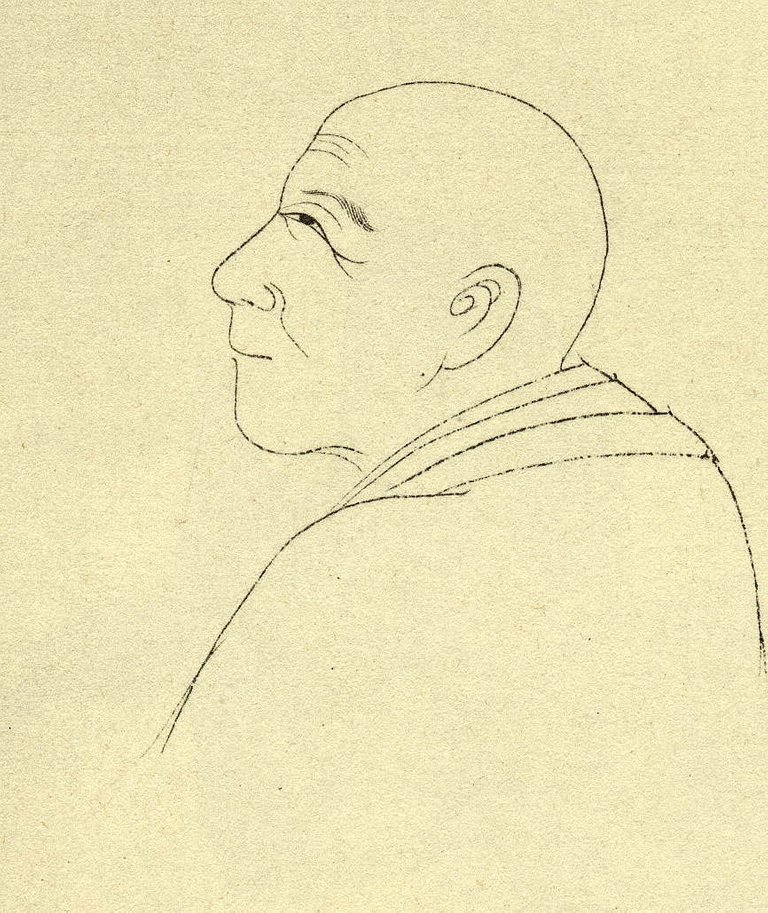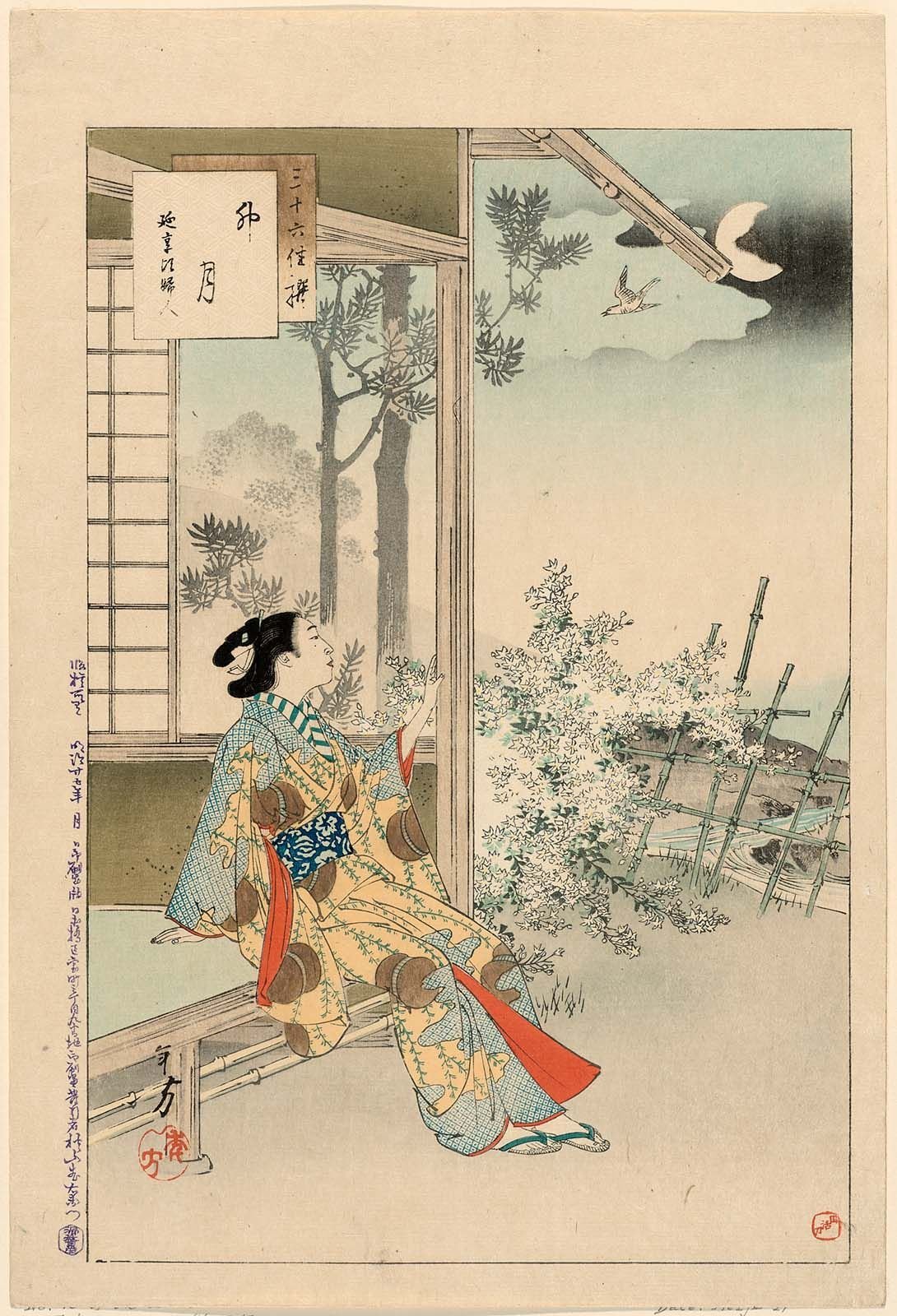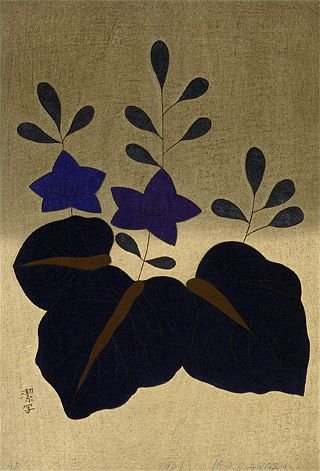Three interesting events happened today in Japanese history. In 1600, Ishida Mitsunari died. He is best remembered for leading the Western army in the Battle of Sekigahara. I covered that event on it's anniversary here. Also today in 1945 MacArthur approved the Japanese government's plan to break up the four major zaibatsu. Finally, in 1707, haiku poet Hattori Ransetsu died. This therefore is known as his memorial day in the haiku world. It's him I'd like to look at a little more today.

He was born in 1654 to a samurai family. Not much is known of him until 1680 when some of his haiku were published alongside Bashō. It's believed he left home and became a disciple of Bashō around 1673. He would go on to become one of the oldest members of Bashō's students and has long been considered one of the best of them. When Bashō died, Ransetsu shaved his head and joined a monastery. Because of this, he didn't start his own haiku school, but he was teacher to many poets, including Buson (Who I gave a haiku from yesterday).
One of the most poignant of his haiku was his childless woman one. (Which I've written about here]childless woman).
うまず女の雛かしづくぞ哀なる
umazume no hina kashizuku zo aware naru
childless woman
how tenderly she touches
the little dolls for sale
In the haiku world, today is known as his memorial day, Ransetsu-ki (嵐雪忌), which is a season word for early winter (which today is considered the start of on the traditional calendar, see below).


Today is Butsumetsu 仏滅—yicks! Today is the most unlucky day of the rokuyō, the Buddhist horoscope. Better avoid doing anything that needs a little luck.
(Read more about the rokuyō here)
On the old calendar, today would have been the thirteenth day of the tenth month. It is the first day of tsubaki hajimete hiraku (山茶始開, "Camellias bloom"), the first microseason of Rittō (立冬), which is the beginning of winter using the old way of reckoning the seasons.
These days the leaves still haven't turned yet in many places, so climate change might have affected this. Even so, in the old way of looking at things, the colored leaves continued into winter and the leave falling itself was considered a winter event (there are many a haiku season word about this). It is growing colder and colder, especially in the morning and evening. It's said that the first day of snow will come at this time. In my area we won't get much snow, but in Hokkaido, around Niigata, or up in the mountains, they may already have some.

In honor of his memorial day, here's another haiku from Ransetsu. This was written a few hours before his death and is considered his death poem:
一葉散る咄ひとはちる風の上
hito ha chiru totsu hito ha chiru kaze no ue
one leaf falls
totsu! another
on the wind
Totsu is the sound a Paulownia tree leaf makes as it hits the ground. It is also the sound a Zen monk makes upon achieving enlightenment. (If curious, read more of my thoughts about this haiku, as well as a slightly different translation, here.)

❦


 |
David LaSpina is an American photographer and translator lost in Japan, trying to capture the beauty of this country one photo at a time and searching for the perfect haiku. |
If this blog post has entertained or helped you, please follow/upvote/reblog. If you want to further support my writing, donations are welcome.